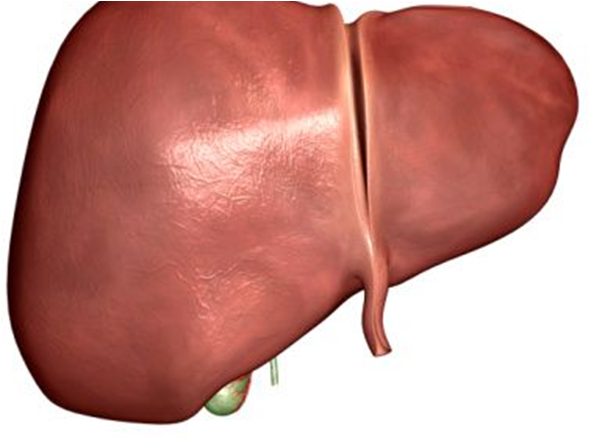According to the Harvard Stem Cell Institute, mature liver cells can duplicate in response to injury and even if three-quarters of a liver is surgically removed, the organ can return to its normal functioning mass.
The details of how liver regeneration at the cellular level happens are not completely understood. Scientists have shown that liver cells, even in adult humans, act as if the liver is still growing, like all organs in a developing embryo.
Helping the liver regenerate and return to a state of health involves removing the factors or conditions that caused the damage in the first place. There is evidence that phospholipids (available as supplements) are capable of repairing damage to the liver caused by alcohol, poor diet and other factors.
If, however, the damage to the liver is overwhelming or chronic, a progressive decline in function will occur, and once it can no longer bounce back, a liver transplant may become the only option.
Liver failure can also be acute, where loss of liver function occurs within a matter of weeks or even days, often as a result of poisoning.
Causes of liver damage
There are many causes of liver disease, which may be congenital (e.g. biliary atresia, haemochromatosis and Wilson’s disease) or acquired (e.g. alcohol-related liver disease, viral hepatitis, non-alcoholic fatty liver disease and non-alcoholic steatohepatitis).
Many over-the-counter, prescription and illegal drugs can also cause liver damage. One of the most common causes of liver damage is high doses of acetaminophen (paracetamol). For adults, the recommended maximum daily dose of 4g should not be exceeded. This means a maximum of 1g (or two tablets) every six hours. What constitutes a lethal dose of acetaminophen would depend on the age and weight of the person involved, for example, and if it is taken in conjunction with other substances like alcohol.
In addition, overexposure to anabolic steroids and herbal remedies, as well as eating foods that have not been sufficiently cleaned can also be toxic to the liver.
The point of no return
When the liver is repeatedly or continuously damaged by disease, drugs or toxins, it tries to repair itself by forming scar tissue, called fibrosis. When this scar tissue becomes widespread, it destroys the liver’s internal structure and its ability to function and regenerate itself. This extensive scarring is called cirrhosis.
Cirrhosis of the liver is the seventh most common fatal disease in the world.
Stages of cirrhosis
In stage one, patients experience few symptoms. The disease may progress very slowly and if diagnosed at this stage, they have a good chance of survival. Symptoms include jaundice, dry mouth, fatigue and enlargement of the upper stomach area.
In stage two, the damaged tissues begin to transform into stiff, rigid bands of connective tissue, known as fibroids. The inflammation and fibrosis will slow down the flow of blood through the liver.
In stage three, the fibroids formed in stage two merge with each other, leading to disturbance of normal liver functions. The liver is unable to store nutrients, support blood streaming, or break down fat contents from blood. Cirrhosis at this stage leads to kidney, spleen and heart problems.
In stage four, the patient has little chance of survival and will need to opt for a liver transplant. Symptoms increase because the liver is unable to detoxify the blood, leading to severe confusion and even coma. There may be spleen enlargement, a loss of bone mass, a drop in bone density and kidney failure.
Source: New24

